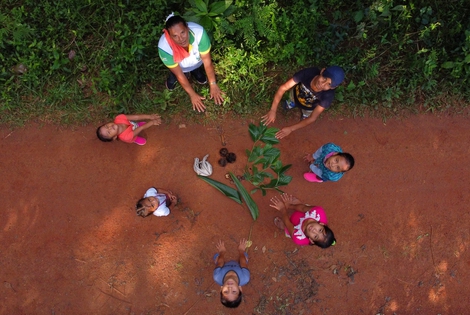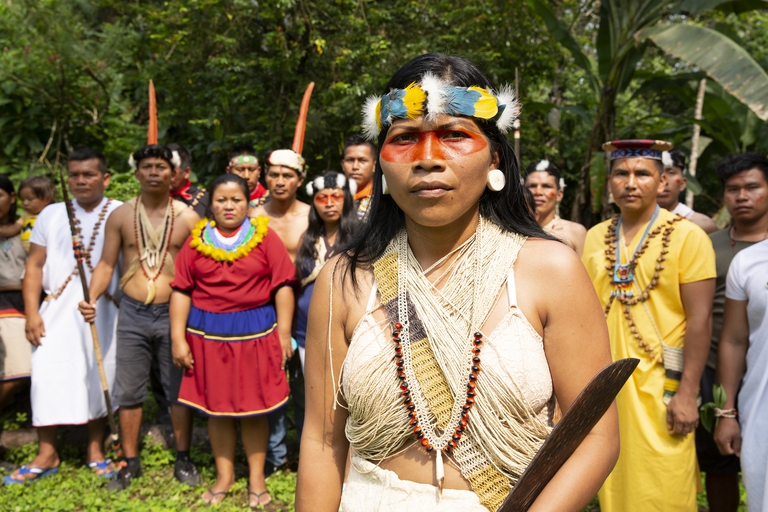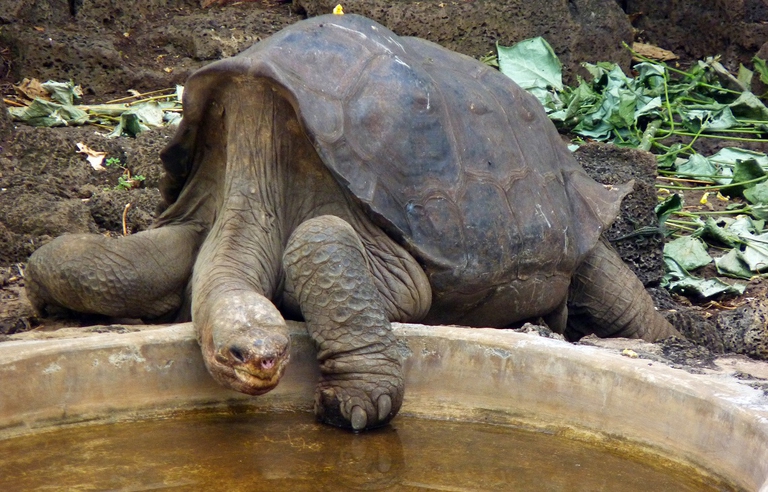
The Amazon became an alternative classroom during the pandemic. Now, the educational forest in Batraja, Bolivia, lives on to teach children and adults the value of nature.
This year has changed the face of humanity but could also mark the end of an unsustainable lifestyle. We look back at the top 10 news stories of 2020.
Irony, sarcasm, even curses against the year coming to an end are wasted. 2020 was an annus horribilis, to use a Latin expression that describes a year marked by many negative events. Google’s “year in search” video is a reminder of the many people who are no longer with us, from George Floyd to John Lewis. A video that may even appear reductive at the eyes of non-Americans.
The tribute, in fact, misses out on key figures such as Kayapó indigenous leaders Paulinho Paiakan and Aritana Yawalapiti, without forgetting those who left us from the worlds of art, culture and sport.
One thing in the video, though, is common to all of us. The word “why”, an expression of the human desire to find an explanation, to search for a reason, to understand why things happen. The facts. Why wildfires rage around the world. Why schools are closed. Why so many are dead. Why.
This quest for answers is also the seed of renewal, of the will to start over and to do so in a new and better way. All over the world talk of a “new normality”, of a sustainable future, has taken hold. Never before has the health of people and the planet intersected so tightly: the environment, society and the economy are all interdependent. We’ve come to understand that in order for us to thrive as individuals and communities, as a species, we must protect the health and well-being of the Earth. We have to respect our “common home” and its finite resources.
2020 was painful, dramatic, but it could soon become a milestone. The year that opened our eyes and was able to make us do what had previously seemed impossible: dismantle the status quo to change our habits and lifestyles. Make humanity get off its high horse and bring it in line with an ecosystem made up of billions of other lifeforms that are just as important as we are.
We greet 2021 by treasuring the facts and news stories that have written the story of the last 12 months, and those you read the most, even finding things to celebrate.
Overshoot Day 2020 was on 22 August – In the year of the coronavirus pandemic, Earth Overshoot Day, the day in which our consumption of renewable resources exceeds the Earth’s capacity to regenerate those resources over the course of a year, fell on the 22nd of August, three weeks later than in 2019. The day had been arriving earlier year after year – falling at the end of July in 2019, for example – but this trend was interrupted. Read the story.
Wildfires in Australia – The list of human and animal victims of the wildfires in Australia was infinite. A disaster that lasted eight whole months. The smoke from the fires even reached South America, threatening certain species with extinction. Read the story.
The great white shark is disappearing from the Mediterranean – Starting from the second half of the 20th Century, the species has experienced a rapid decline. The disappearance of this ferocious predator isn’t at all good news, even though the animal is capable of inspiring great fear. Its demise could have negative repercussions on the whole ecosystem. Read the story.
A pandemic that has changed the face of humanity – Since the first signs of a virus spreading across international borders emerged, we have been following the evolution of the pandemic of SARS-CoV-2, the virus that causes the disease Covid-19, across the world with stories and dispatches from Ecuador, Southern Africa, South Korea, Bangladesh, the Amazon, the UK, Italy, Venezuelan refugee communities and India. Read the stories here.
The choice facing us, green recovery or decline – Unsustainable development isn’t only the leading factor behind climate change, but also plays a significant part in the emergence of epidemics. Yet there are still those who wish to preserve this untenable system, while nations such as China are committing to cutting their net carbon emissions to zero. Will we succeed in changing minds and habits to save ourselves through a green recovery? Read the story.
Indigenous people in Ecuador came together to resist the pandemic – In the Ecuadorian Amazon, the consequences of the health emergency have been dramatic. The government didn’t act in time, privileging extractive interests over the health of indigenous communities. The latter, spearheaded by the Waorani, took matters into their own hands to defend themselves from the pandemic. Read the story.
Joe Biden is the new president of the United States of America – November was the month of the US presidential elections, won by Democratic candidate Joe Biden alongside vice-presidential candidate Kamala Harris. A historic day for the environmental and climate movement as Biden has promised to re-enter the Paris Agreement, thus ending the Trump era on this and many fronts. Read the story.
Floyd, Lewis and Black Lives Matter – The Black Lives Matter movement, founded to advocate for African American rights in the United States, experienced two key milestones in 2020. The death of George Floyd at the hands of police in Minneapolis and the passing of a historic civil rights leader, who had campaigned alongside Martin Luther King Jr.: John Lewis.
The countdown to Brexit – Since the referendum on the 23rd of June 2016 in which a majority of British voters decided to “divorce” Europe, the United Kingdom and European Union have been in tumultuous negotiations over the shape of their future relationship. The political rollercoaster has been long and wild, but what does the breakup, which officially kicks in at the end of the year, mean for the lives of common citizens and for the environment? Read the story.
We have lost too many species – The rate of biodiversity loss, with 40 per cent of plant and fungi species at risk of extinction before being discovered by science, continues to be a concrete challenge to the health of Earth’s ecosystems. The novel coronavirus has brought facts into stark relief: the destruction of habitats and exploitation of animal and plant species are leading causes behind the emergence of zoonotic diseases. Read the story.
Siamo anche su WhatsApp. Segui il canale ufficiale LifeGate per restare aggiornata, aggiornato sulle ultime notizie e sulle nostre attività.
![]()
Quest'opera è distribuita con Licenza Creative Commons Attribuzione - Non commerciale - Non opere derivate 4.0 Internazionale.
The Amazon became an alternative classroom during the pandemic. Now, the educational forest in Batraja, Bolivia, lives on to teach children and adults the value of nature.
The second wave of the Covid-19 pandemic has shone a painful spotlight on the dire conditions of tea garden workers struggling against poverty in India.
Massive cyclones Tauktae and Yaas have claimed lives and livelihoods, as well as affecting the Covid-19 vaccination drive in India’s coastal states.
A special report from the Yuqui territory delves deep into the dreams, challenges, joys and sadness of one of Bolivia’s most vulnerable indigenous groups.
In response to a lack of public services, organisations and individuals are helping citizens weather the devastating Covid-19 crisis in India.
The Yuqui people of the Bolivian Amazon fight not only to survive in the face of settlers, logging and Covid-19, but to preserve their culture and identity.
Levels of particulates in New Delhi in 2020 were once again far above safety thresholds, with extremely serious health consequences for its citizens.
The European Union has made a bold decision in banning certain single-use plastic products. But this is just the first step in a long journey.
A study indicates that the zoonotic origins of coronavirus may have been favoured by global warming’s impact on the conditions for bat habitats.













